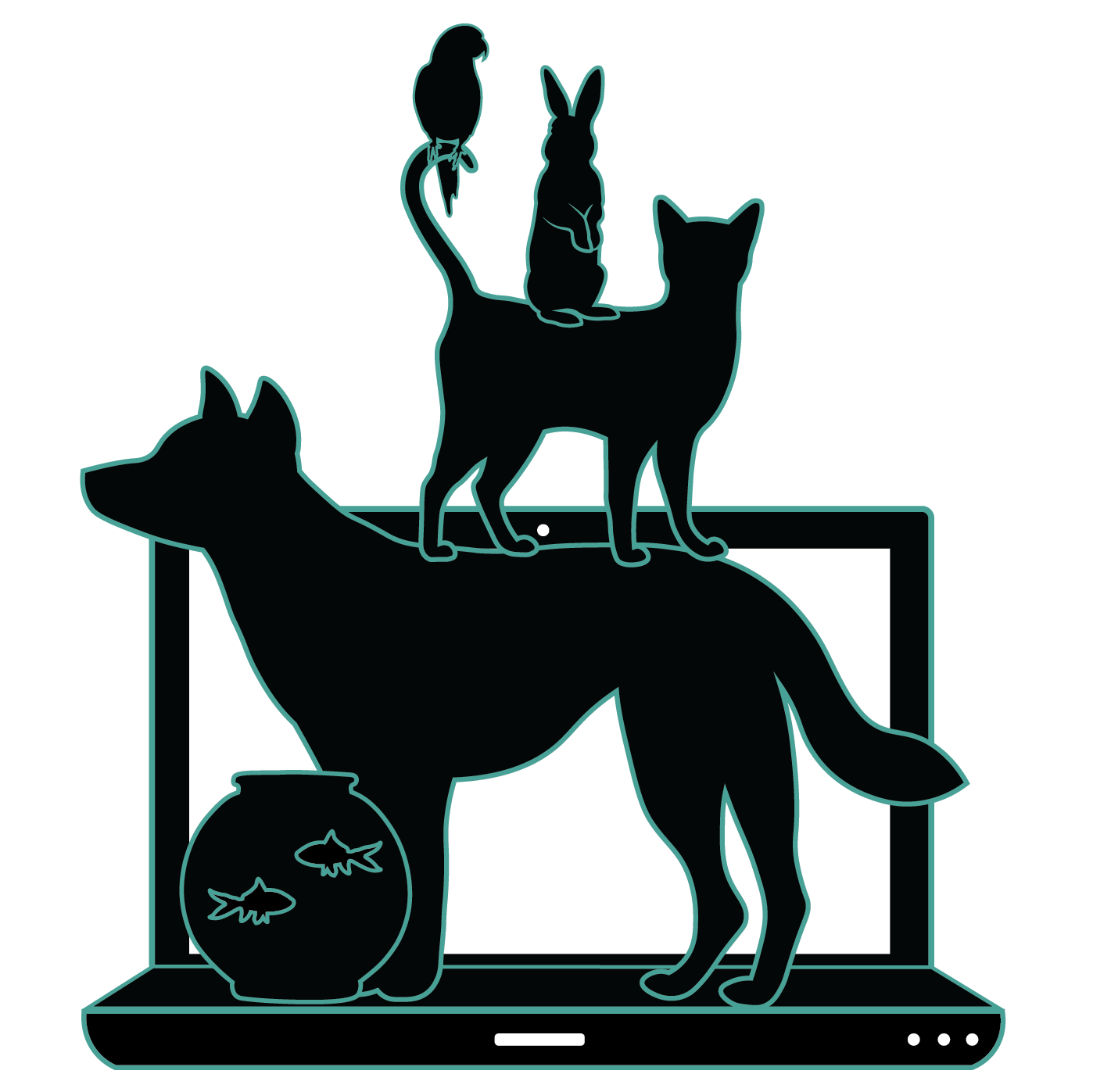If You Work With Animals, You're Probably Experiencing Compassion Fatigue
Everyday...
"You get to play with puppies all day! How can that be stressful?"
"Your prices are too high! You're trying to take advantage of people!"
"If you don't help me now and for free, I will euthanize my pet!"
We've heard it all. Our jobs are many times misunderstood and maligned. We are expected to be superhuman on a daily basis to fix beloved companions regardless as to how they came into our care. If we succeed it's just another day's work. If we fail, we are crushed under the pain, loss and disappointment of all involved.
Few other people experience careers like we do. Our hearts ache with every heartbreaking case. We give everything to our jobs, from our free time, to our last drop of compassion and empathy. And then we are asked to give more. Similar to doctors, EMS, therapists, and disaster relief works, we are asked to do the impossible, usually with lives on the line, and we are expected to always be at our best. We also suffer the same side effects of doctors, EMS, therapists and relief workers, and it's killing us.
It's called Compassion Fatigue, aka Secondary Traumatic Stress, aka Vicarious Trauma. It is real and it is not uncommon. Similar to Professional Burnout, it is the emotional burnout from being witness to and internalizing emotional pain. People in any caregiving field are HIGHLY susceptible to it but it is not a sign of weakness. You are simply full and cannot absorb any more pain and suffering.
To quote the social work field because of it's similarities to pet professions:
"The emotional expectations involved with human service work, such as requirements to either repress or display emotions routinely, as well as the chronic use of empathy, are strongly associated with the experience of professional burnout (Maslach, Schaufeli, & Leiter, 2001; Maslach & Leiter, 1997). Organizational factors shown to contribute to professional burnout include excessively high caseloads, lack of control or influence over agency policies and procedures, unfairness in organization structure and discipline, low peer and supervisory support, and poor agency and on-the-job training (Barak, Nissly, & Levin, 2001: Maslach & Leiter, 1997). Organizational behaviors, such as frequent absenteeism, chronic tardiness, chronic fatigue, evidence of poor client care, and low completion rates of clinical and administrative duties, should be considered warning signs for burnout (Barak, Nissly, & Levin, 2001; Cyphers, 2001; Lloyd, King, & Chenoweth, 2002). At the individual level, factors such as conflicting relationships with coworkers, individual personality and coping styles, and difficulty interacting with and understanding clients and their situations may also contribute to the experience of professional burnout (Barak, Nissly, & Levin, 2001; Lloyd, King, & Chenoweth, 2002; Thorton, 1992)." (http://www.iupui.edu/~mswd/S501/multimedia/word_doc/burnoutarticle.pdf)
Sound familiar? That's because it is the same. What goes into the human social work fields is virtually the same as for pet professionals, with the main outlying difference being that most of us don't just have to counsel a human, we also have to help an animal. So in a way we are playing double and triple duty. We are the human counselor, the doctor, and/or the animal counselor. Then for anyone who is also an entrepreneur, add to that business admin, marketing, etc. For those who are staff, we still have heavy financial debts, employers to make happy and staff to work with. All this is adding weight to an already full plate.
The symptoms are sneaky. Since CF is rarely brought up in conversation, you think your symptoms are normal. Just a bump in your normal routine. That is, until they become your routine. Things are not so funny anymore. You stop laughing. You don't see your friends or family anymore. You dread your email. You get lost in social media for hours on end feeling less connected by the minute. Things start falling apart. Your luck seems to run out. There is a dark cloud over your world. You get sick or injured. And it just keeps getting worse.
This isn't just a bout of bad luck and exhaustion. In fact it rarely is. In all likelihood you are struggling with CF. Sure your resilience is high so you successfully shrug off this round, but what about next time?
I warn you that if these symptoms are familiar to you, take them seriously. There are simple ways of counteracting the effects of our field and fending off CF but it can only be done successfully by being aware and taking those steps to take care of yourself. If not today, than think if the client tomorrow who struggles because you're not at your best. If not for you, then do it for them.
In the coming weeks I will be sharing ways to evaluate your present situation as well and steps to help alleviate CF. If you would like one-on-one mentoring, visit my Mentoring Page or sign up for my Upcoming Mentoring Program through IAABC.



